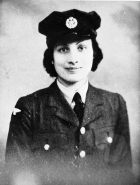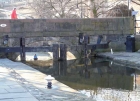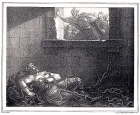Enquiries
A key cornerstone of history is historical enquiry. Quality history provision has historical enquiry at its heart. Through historical enquiry children can be shown how to ask questions, select and evaluate evidence and to make judgments about the past. It can also be a vital way of showing them that there is often more than one side to a story and that history is multi-perspective. Historical enquiry is all about asking questions or hypothesising about the past that we hope the evidence will help us to answer, but getting the enquiry question right is not always easy. In this section you will find resources and guidance that will help you to plan challenging enquiries for your children that will help them to develop as historians.
-

Cross Curricular Project on a famous person
ArticleClick to view -

Hearts, Hamsters and Historic Education
ArticleClick to view -

History in the Urban Environment
ArticleClick to view -

Learning what a place does and what we do for it
ArticleClick to view -

Children's thinking in archaeology
ArticleClick to view -

Here come the Vikings! Making a saga out of a crisis
ArticleClick to view -

Thinking through history: assessment and learning for the gifted young historian
ArticleClick to view -

Stories about people: narrative, imagined biography and citizenship in the key stage 2 curriculum
ArticleClick to view -

Promoting talk during history lessons
ArticleClick to view -

Looking at buildings as a source for developing historical enquiries
ArticleClick to view -

Keeping the content manageable in Key Stage 2
ArticleClick to view

